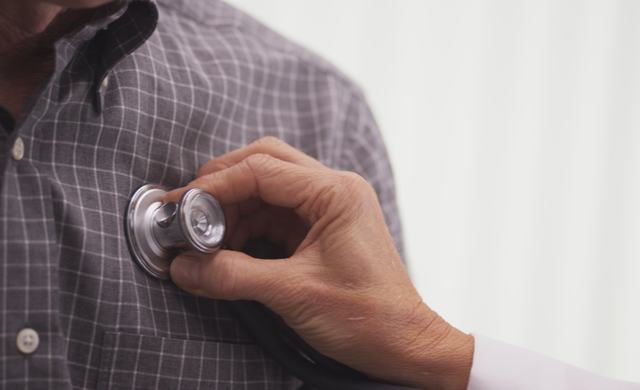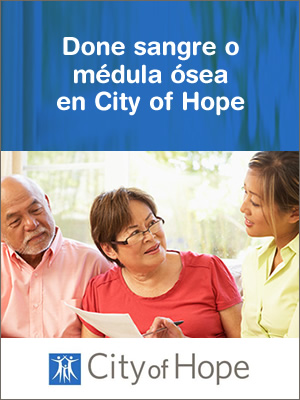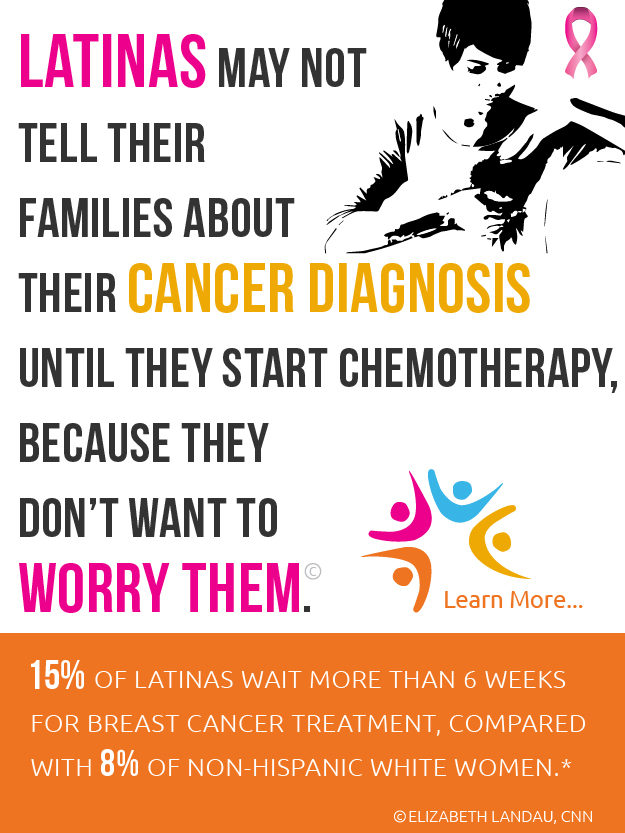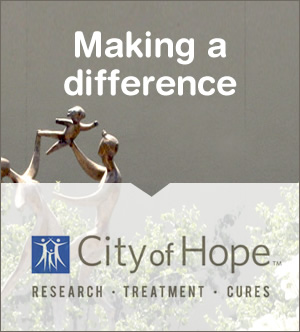
Doctors: Heart Patients Shouldn'T Avoid Hospitals, Appointments Amid Covid-19
04/03/2021 06:00AM | 1273 viewsRebecca Brooks was torn about going to see her cardiologist during the coronavirus pandemic.
Brooks, 70, of the Far East Side, has a history of heart issues in her family and has been careful since the pandemic hit Ohio last spring. She and her husband signed up for grocery and medication delivery and haven’t been visiting with family.
So, when the time came to go see her cardiologist, Brooks was apprehensive.
And she wasn’t the only person feeling that way.
From January through June 2020, including the early months of the pandemic, there was an increase in heart disease deaths, especially in patients’ homes, according to a study published in the Journal of by the American College of Cardiology last month.
"The present findings support the idea that many patients suffered cardiovascular events without seeking medical attention, or presented in a delayed fashion and suffered worse clinical outcomes, as many practitioners feared," the researchers wrote.
Some cardiologists in central Ohio said they have noticed some of their patients are reluctant to seek treatment for heart-related conditions for fear of contracting the virus at a healthcare facility.
“People weren't coming in with stroke or heart attack or the need for an appendectomy,” said Dr. Laura Gravelin, a cardiologist at the Mount Carmel Health System. “All those patients seemed to be less prevalent in the hospital, and I think that's when people started to realize people were afraid to come to the hospital.”
In April 2020, emergency department visits across the United States were down 42% compared to the same time in 2019, according to a report from the federal Centers for Disease Control and Prevention.
Gravelin, who is also a board member with the American Heart Association Columbus, said education on the topic is key.
She thinks, due to educational efforts such as the American Heart Association’s “Don’t Die of Doubt” campaign, the number of people coming to the hospital for emergency care has improved since the start of the pandemic, though it’s still not at the level it was before COVID-19.
The risk of not going to the hospital when having a heart or stroke “100%” outweighs the risk of COVID-19, Gravelin said.
“If you are having an acute emergency, whether a heart attack or a stroke, you are in greater risk at home than going to a hospital,” she said. “The hospital is a safe place to get emergency care.”
Hospitals have increased already stringent cleaning practices since the pandemic began and separate infected and non-infected patients, said Gravelin and OhioHealth Cardiologist Dr. Ann Albers. Many doctors and other health care providers also have by now received both doses of the vaccine, and hospitals have strict guidelines on wearing personal protective equipment and social distancing.
"Calling 911 immediately is still your best chance of surviving … You're going to need that help," said Diana Briggs, vice president of community health at the American Heart Association Columbus. "COVID-19 has changed so many things in our world but it really hasn't changed that the hospital is the safest place to be if you're having a heart attack or stroke or really any medical emergency."
Faith Ridenbaugh, 65, found that out the hard way. She was hospitalized in December after having a heart attack.
The Johnstown resident spent a few days at OhioHealth Riverside Methodist Hospital. Ridenbaugh, who has heart disease, said she was nervous at first to go to the hospital, but knew the consequences of not going far outweighed her COVID-19 related concerns.
She and Brooks were reassured after seeing the precautions in place at their first in-person doctor’s appointment during the pandemic.
Talking to hercardiologists'office before her visit also helped calm Brooks' fears.
“They assured me they were taking proper steps for safety precautions,” Brooks said. She would wait in her car until her exam room was ready and everyone would be wearing masks and personal protective gear. “Those things made me really comfortable.”
“I’m so glad I did it,” said Brooks, who has been seeing a cardiologist for preventative care since 1992. “I wouldn’t hesitate now to go back, even in the midst of COVID.
“We don’t know what’s on the inside all the time and I didn’t want, after all these years of keeping a good practice, I didn’t want to miss an opportunity to be able to continue that care I’d had over the years."
Despite her trepidation, Ridenbaugh is glad she sought care and ended up calling 911 when she had symptoms, which she thought were COVID-related but turned out to be the heart attack.
“If I had not listened and gone the consequences would have been much greater and life-threatening,” she said. “Listen to your body and if you need to seek medical treatment then don't put that off just because you're afraid that COVID is out there.”
dking@dispatch.com
@DanaeKing











Post your Comment
Please login or sign up to comment
Comments